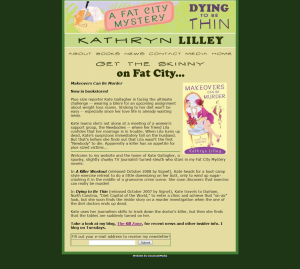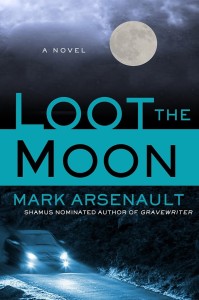by Joe Moore
A recent article in The Wall Street Journal talked about the topic while discussing alternative forms of communication such as Twitter, Facebook messaging and similar services, and how social networking and instant messaging are surpassing old faithful: email.
Before you say “no way”, think back to those distant dark ages when one of the main forms of business communication was the fax. How many faxes did you send last month?
And if you really want to get into the “way-back” machine and visit historical communication  methods, let’s consider letter writing. Anyone remember that. While some used a gadget called a typewriter to compose letters, the shocking truth is that others actually wrote letters longhand using an analog marking device commonly known as a pen (or pencil). I know, it’s crazy but true.
methods, let’s consider letter writing. Anyone remember that. While some used a gadget called a typewriter to compose letters, the shocking truth is that others actually wrote letters longhand using an analog marking device commonly known as a pen (or pencil). I know, it’s crazy but true.
Many of us are still using email everyday and are perfectly happy with it. But technology is constantly moving forward, with or without us. It’s well documented that Egyptian Pharaoh King Tut once proclaimed, “I’m still using hieroglyphics everyday and am perfectly happy with it.” But as the article points out, email is a function left over from the bad old days of logging off and on and checking stuff in globs. Today, everyone is “always on” with the latest generation of mobile communication devices and smart phones.
As an example, my son travels a lot. We both have Google Talk installed on our PCs so we can chat. Rather than emailing me a question, comment or a simple hello, he sends me an instant message. I hear a ping and within seconds I’m chatting with him anytime in real time. Last week, he sent me an IM from 30k feet over the Midwest on his way to Washington, DC now that airlines are installing in-flight wideband WiFi.
With services like Twitter and Facebook, you can answer a question before anyone even asks it. Rather than sending me an email wanting to know how my latest thriller is selling, I can update my status to declare that it’s selling somewhere under a million copies—way under.
But like the WSJ article asks, does the new generation of  communication services save you time? Or are they eating up your day? Now that we have so many methods to instantly communicate, are we going to spend more time doing so? Or are we already wasting more time in the process? What do you think? Is email dead at your house or are you still using hieroglyphics and staying perfectly happy with it? Send me an IM and let me know.
communication services save you time? Or are they eating up your day? Now that we have so many methods to instantly communicate, are we going to spend more time doing so? Or are we already wasting more time in the process? What do you think? Is email dead at your house or are you still using hieroglyphics and staying perfectly happy with it? Send me an IM and let me know.







